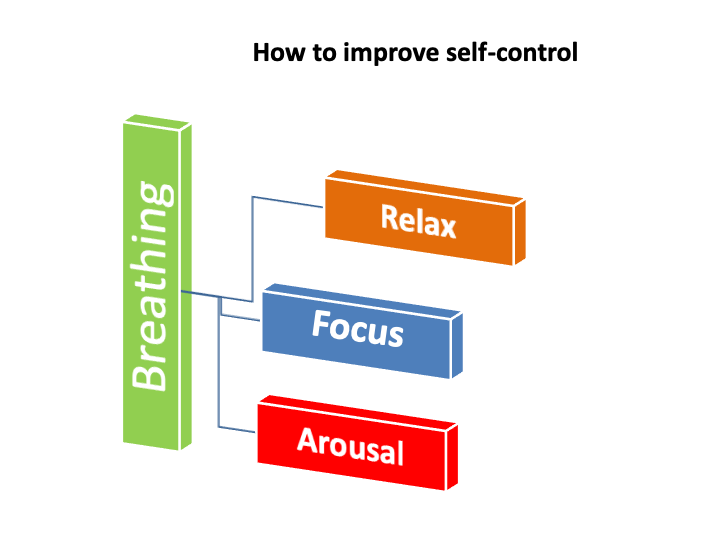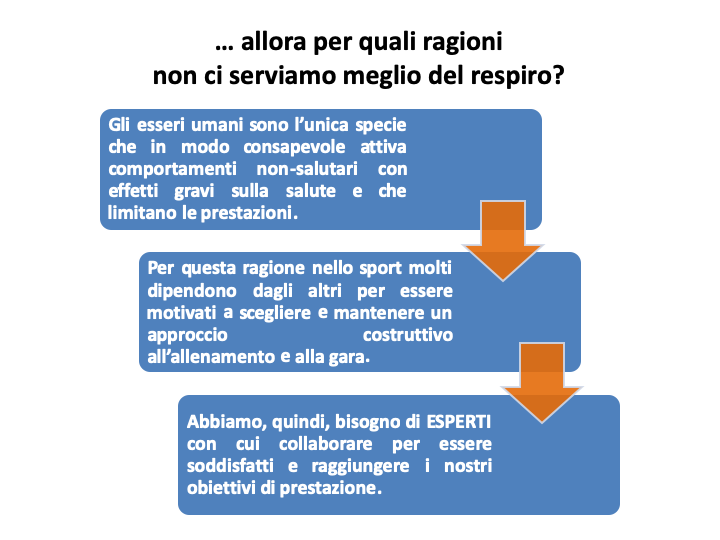It’s common to hear, “Take a deep breath to calm yourself.” But few people really know why this simple behavior can truly result in a mental and physical state of greater relaxation and self-control.
More than 25 years ago, a network of 3,000 interconnected neurons was identified within the brain system that appear to control most aspects of breathing, which has been called the pacemaker of breathing.
Other breakthroughs have been produced by studying the different proteins produced by genes in each cell highlighting at least 65 different types of neurons in the pacemaker, each presumably with a unique responsibility for regulating some aspect of respiration.
Research was published in Nature that showed that if certain cell types were inhibited in mice they lost the ability to sigh, In fact, mice, like people, normally sigh every few minutes, albeit unconsciously.
A subsequent investigation showed that by disabling another type of neuron related to breathing these animals initially continued to maintain the ability to sigh, yawn and breathe normally. However, when they were put under stress (e.g., changing cages) they did not exhibit the usual behaviors of exploration and rapid cancellation but remained calm and clean.
By examining the brain tissue of the mice, it was found that the particular blocked neurons showed direct connections to a portion of the brain that is known to be involved in arousal processes, which in turn sends signals to several other parts of the brain that determine wakefulness, alertness, and sometimes anxious or frantic behaviors. In these mice, this area of the brain remained quiet.
In essence, neurons whose functioning had been inhibited would usually produce a high level of activation to alert them that something potentially worrisome was happening. Deprived of this mechanism, the mice exhibited behaviors oriented toward tranquility.
In the case of people, performing deep breaths would play this calming role by inhibiting the activity of neurons that communicate with the arousal center of the brain.







